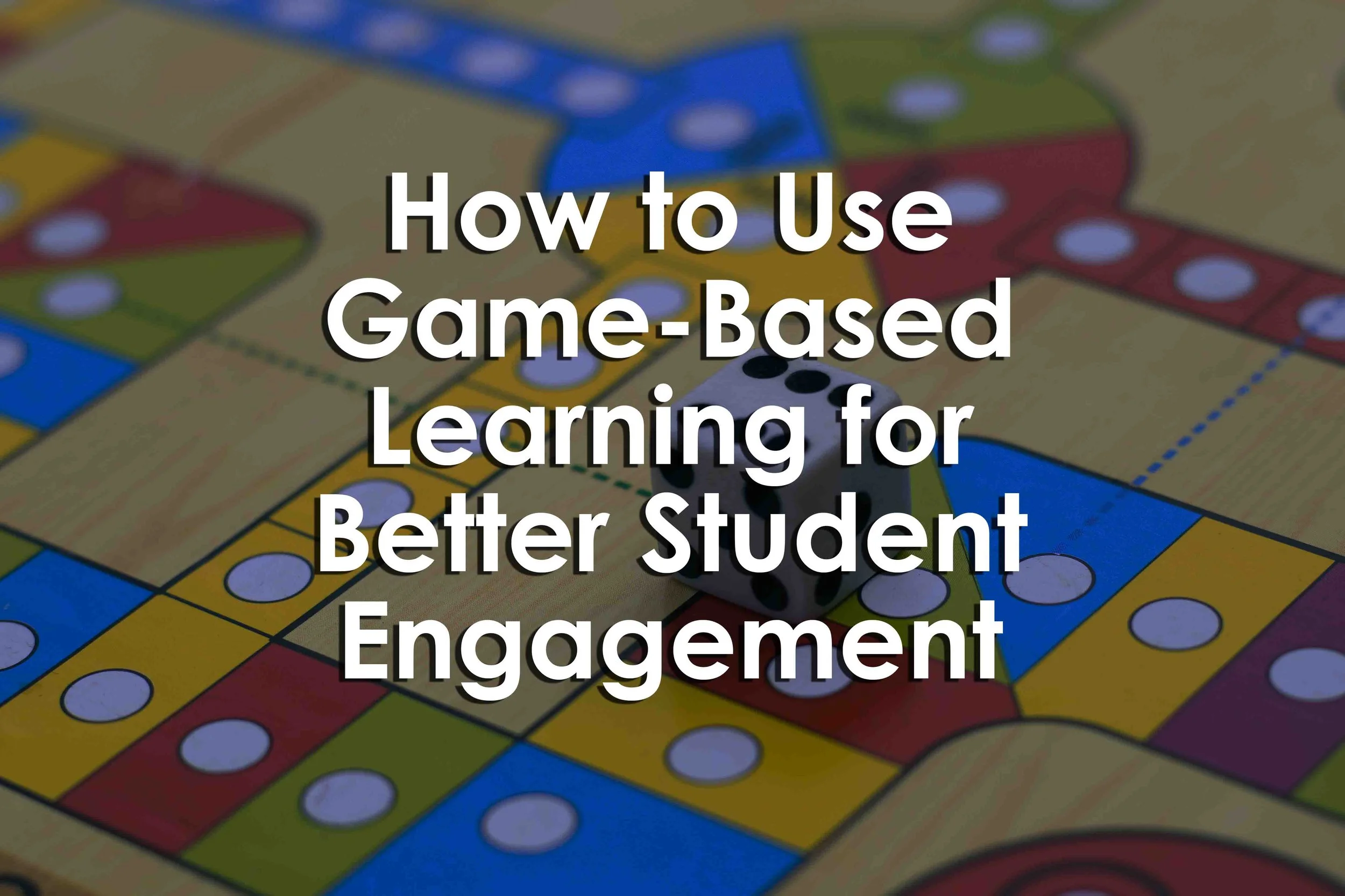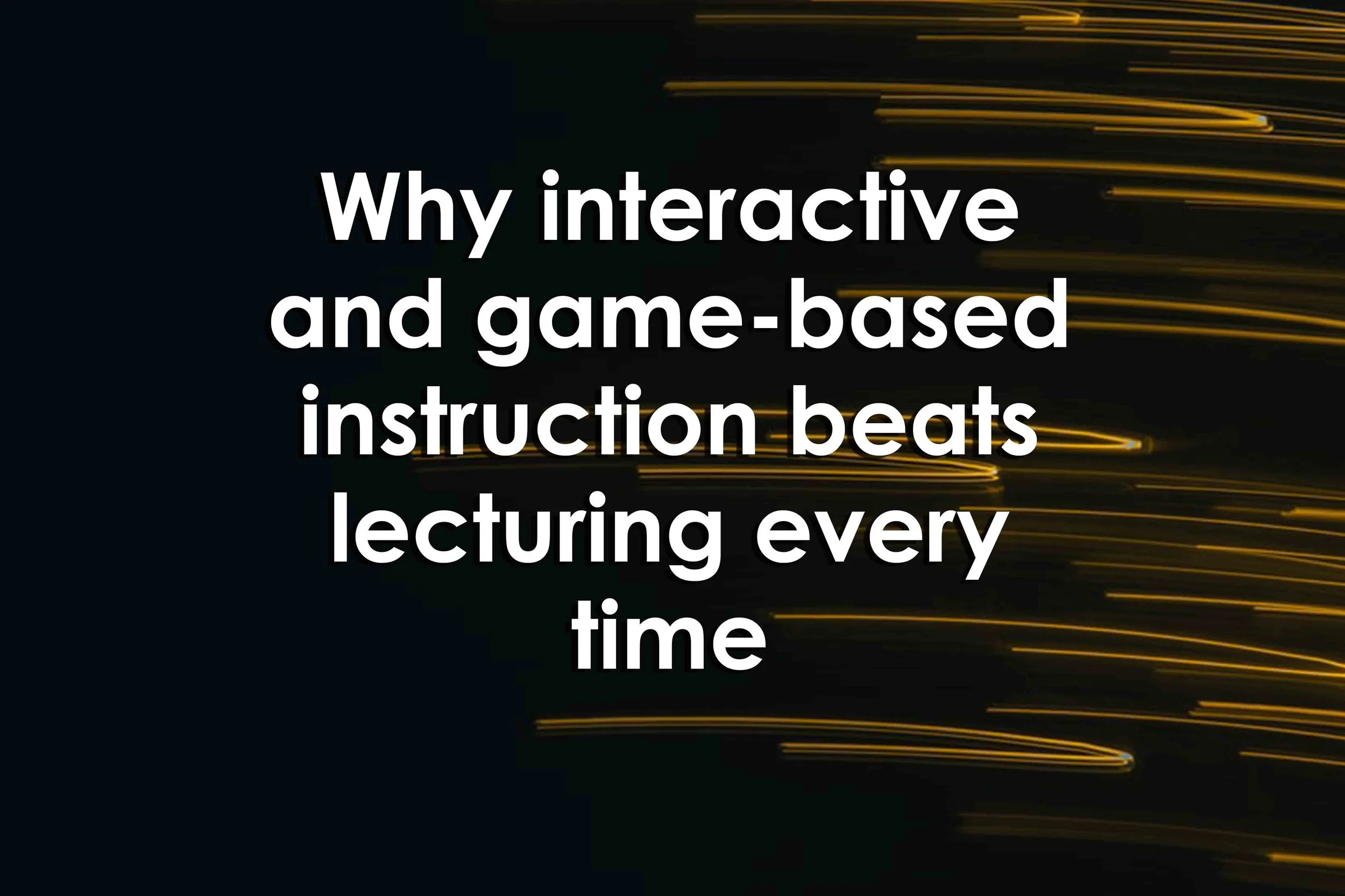Meaningful student engagement is crucial for effective learning in today's quickly changing educational world. When compared to the fast-paced, participatory world of technology and games, traditional teaching approaches often fail to catch the attention of today's students. This is a situation where game-based learning could prove useful. Integrating elements of game design and gaming into the classroom has been shown to increase student engagement and performance in the classroom.
Read MoreTake the Introduction to Biology course I teach, which usually has 200 to 300 students enrolled. Talking for 50 minutes and demanding that students hang on every word is, frankly, an unreasonable request to make of a 19- or 20-year-old with minimal interest in the subject.
Read MoreWhile balance training may not necessarily sound fun to most adolescents, video games typically do. For adolescents with autism spectrum disorder, video games that improve their balance by teaching them yoga and tai chi poses also improve their posture, reduce the severity of their autism symptoms, and influence the structure of their brains.
Read MoreAs a formalised style of play, games are well suited to education. There are many opportunities to use games in higher education, a growing pedagogy around their use, and loads of great ways to integrate games.
Read More




